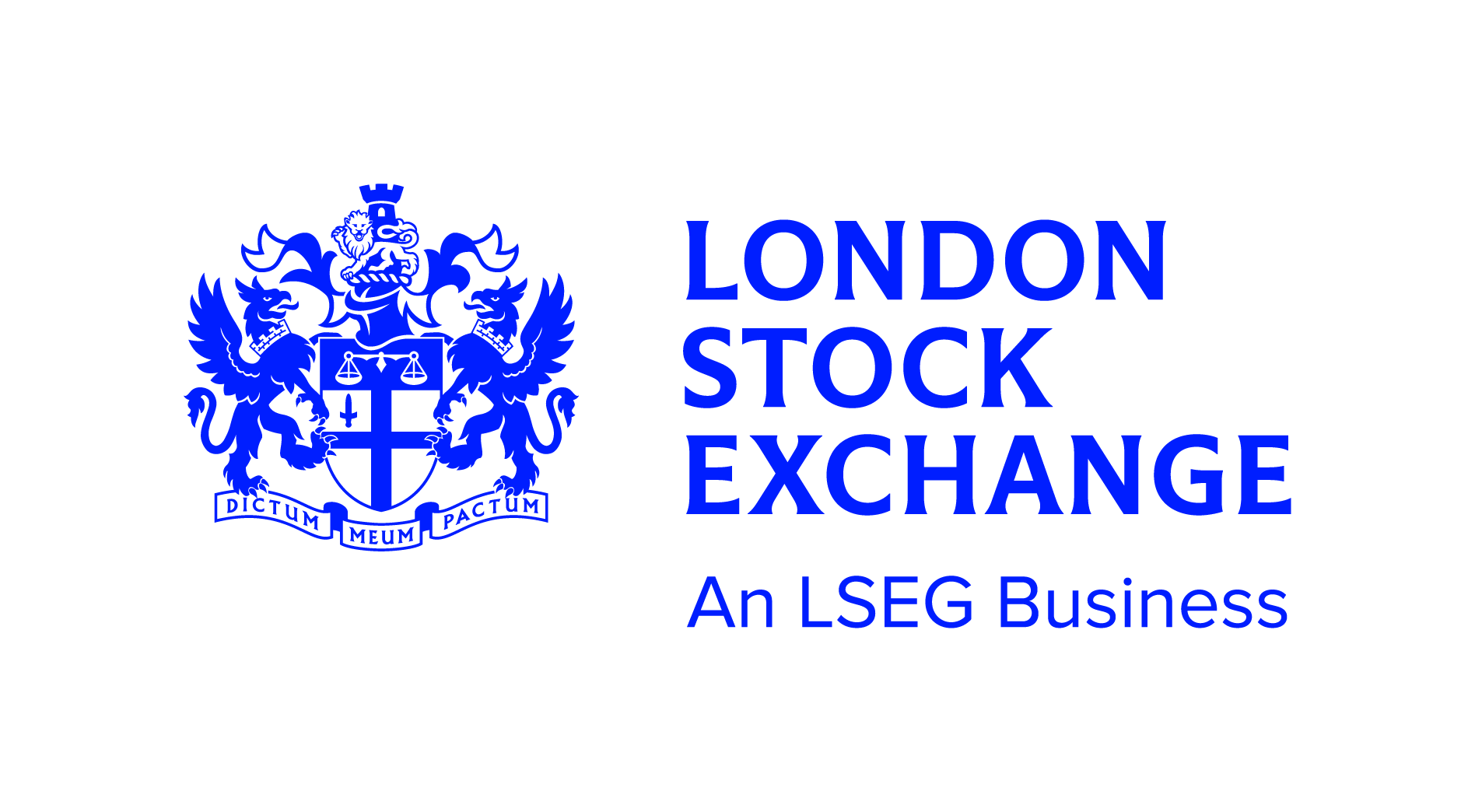Various lines of business across Europe’s ETF industry are being tested amid the coronavirus outbreak with firms keen to ensure working remotely causes as little disruption as possible.
Many firms within the ecosystem have been forced to send employees home at a time when markets are in turmoil with major indices such as the S&P 500 suffering their worst performance since the Global Financial Crisis in 2008.
One part of the ecosystem that could have seen the biggest impact is the exchanges. Many were forced to close their trading floors due to the surge in coronavirus cases such as the New York Stock Exchange (NYSE) which made this decision for the first time in its 228-year history.
While employees work remotely, exchanges are having to deal with an increase in trading volumes resulting from the volatility. For example, the London Stock Exchange (LSE) witnessed a record month in March for ETP trading volumes in tandem with markets continuing their downward trend for 2020.
Across all exchange-traded funds, commodities and notes, the LSE hosted 1.3m trades in March which equated to $50.9bn in turnover. In comparison, there were only 713,000 trades and $29.8bn in turnover for February, nearly half of that from last month.
Bond ETF Discounts: Cause for concern?
These record trading volumes on the LSE occurred while investors were transitioning from their kitted-out offices to makeshift home offices with limited technology.
Despite these significant changes, investors are making the most of what they have available to them.
Oliver Smith, investment director at Sandaire, stressed it is "business as usual, even for those of us that are relative tech-dinosaurs".
"As the virus news picked up, the executive committee put into action their contingency plans; those who needed screens have been provided with them, and we are able to operate at 100% capacity using a variety of online portals and video-conferencing software," he added.
Highlighting this, Zoom revealed its daily active users jumped to 200 million in March, up from the previous record of 10 million.
Smith said the investment team has been coping well by having virtual meetings twice a day in the mornings and afternoons. The firm is keeping in contact – digitally – with prospects and regularly updating clients on the current state of the market.
However, as an investor, mid-late-March was a difficult challenge to overcome given the lack of market liquidity and panic buyers and sellers during the record-breaking month. Sandaire has avoided trading ETFs as a result of the discounts seen.
For example, one of the world's largest ETFs, the Vanguard Total Bond Market ETF (BND), was trading at a 6.2% discount to its net asset value (NAV).
“ETF bid-ask spreads widened to unprecedented levels in investment grade bonds, making it more efficient to rebalance with conventional funds, with an end of day NAV,” Smith said.
The wide discounts seen is something ETF critics have pointed to in recent weeks claiming they provide an "illusion of liquidity", however, it is worth noting the price discovery role ETFs play.
Furthermore, the transparency ETFs offer is valuable for investors, especially in an environment where actively managed funds will be under redemption pressure to sell their most liquid assets, according to Smith.
Amid the heightened volatility, ETF issuers have slowed down in offering new products to the market. There were only five ETFs listed on the LSE in March after 14 were listed in February and 30 listed in March 2019.
Despite the slowdown in listings, ETF issuers have, in some sense, been “preparing for this for a long time”, according to Invesco.
Given most issuers have multiple offices across Europe, they are accustomed to communicating and coordinating digitally.
Matt Tagliani, head of EMEA ETF product and sales strategy at Invesco, said: “One of the most positive outcomes has been the extraordinary resilience of our IT infrastructure, which has handled the jump in demand – including even the incorporation of new communication platforms such as Zoom – with very few disruptions.”
Tagliani added that the company has introduced regular team calls to ensure the group is working efficiently as well as dedicated Slack and WhatsApp groups for non-work related conversations to make sure that they keep the close-knit feel of the group.
Invesco accounted for one of the five listings on the LSE in March with the Invesco GBP Corporate Bond UCITS ETF (IGCB). With a few other products set to launch in the near future, Tagliani said the product development team is as busy as ever.
Elsewhere, leading ETF issuer BlackRock has paused its global recruitment until further notice as a result of the pandemic. No date has been specified when its hiring plans are set to resume but the firm hopes the halt to making any further offers is to be the only disruption to its business.
BlackRock also plans to continue launching products and is taking full advantage of the technology available to communicate internally and with clients.
While companies try to avoid any disruption where possible, something that is out of their control is the recent market volatility which has highlighted areas for issuers that need improving or that have been previously missed.
Tagliani concluded: "The sharp repricing of the market encourages product providers like Invesco to look at our current product offering to see which funds are most useful for investors and can be most actively promoted, and at the same time to identify any gaps that the market changes have exposed and work to fill those."
ETF Insight is a series brought to you by ETF Stream. Each week, we shine a light on the key issues from across the ETF industry, analysing and interpreting the latest trends in the space. For last week’s insight, click here.
Sign up to ETF Stream’s weekly email here






